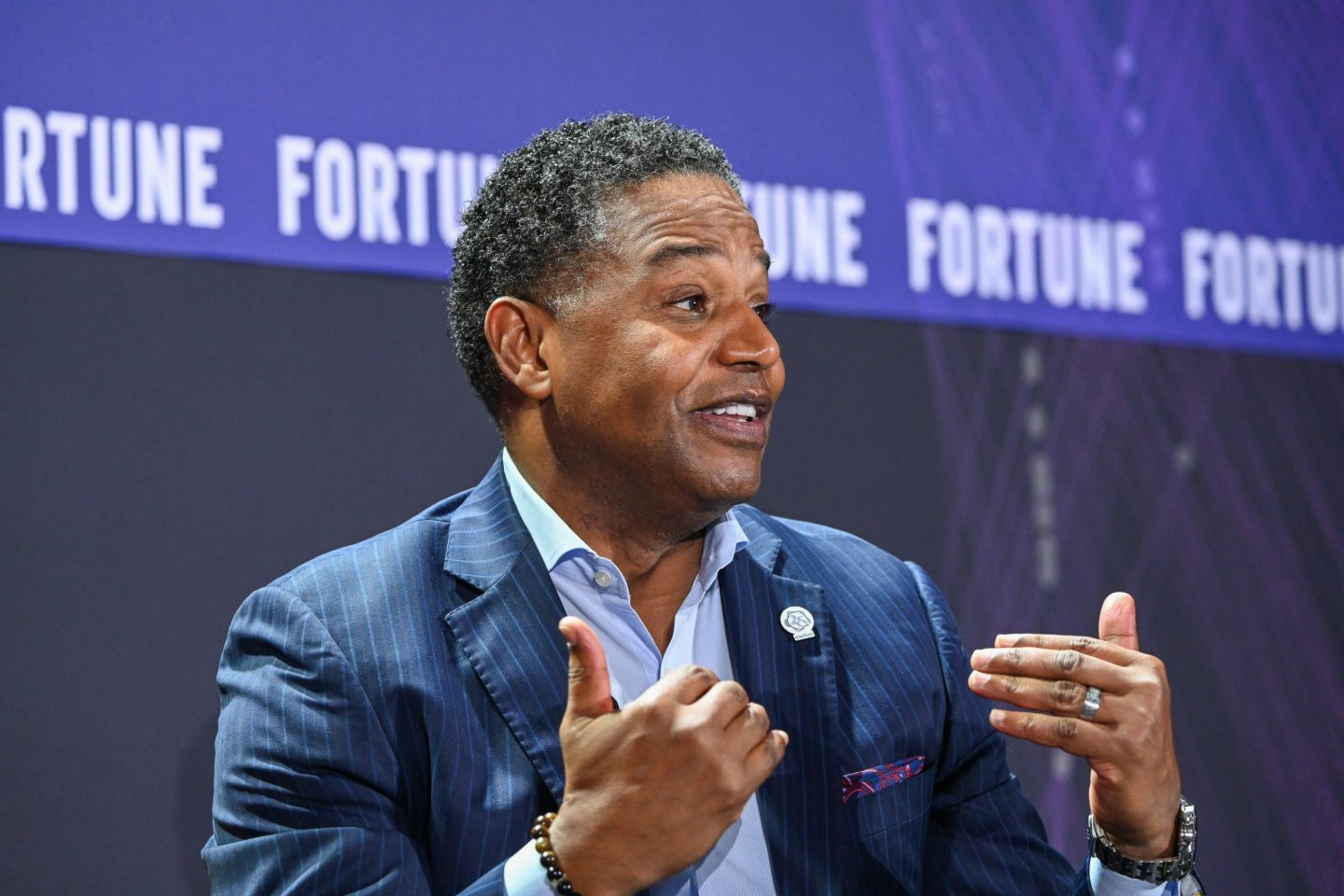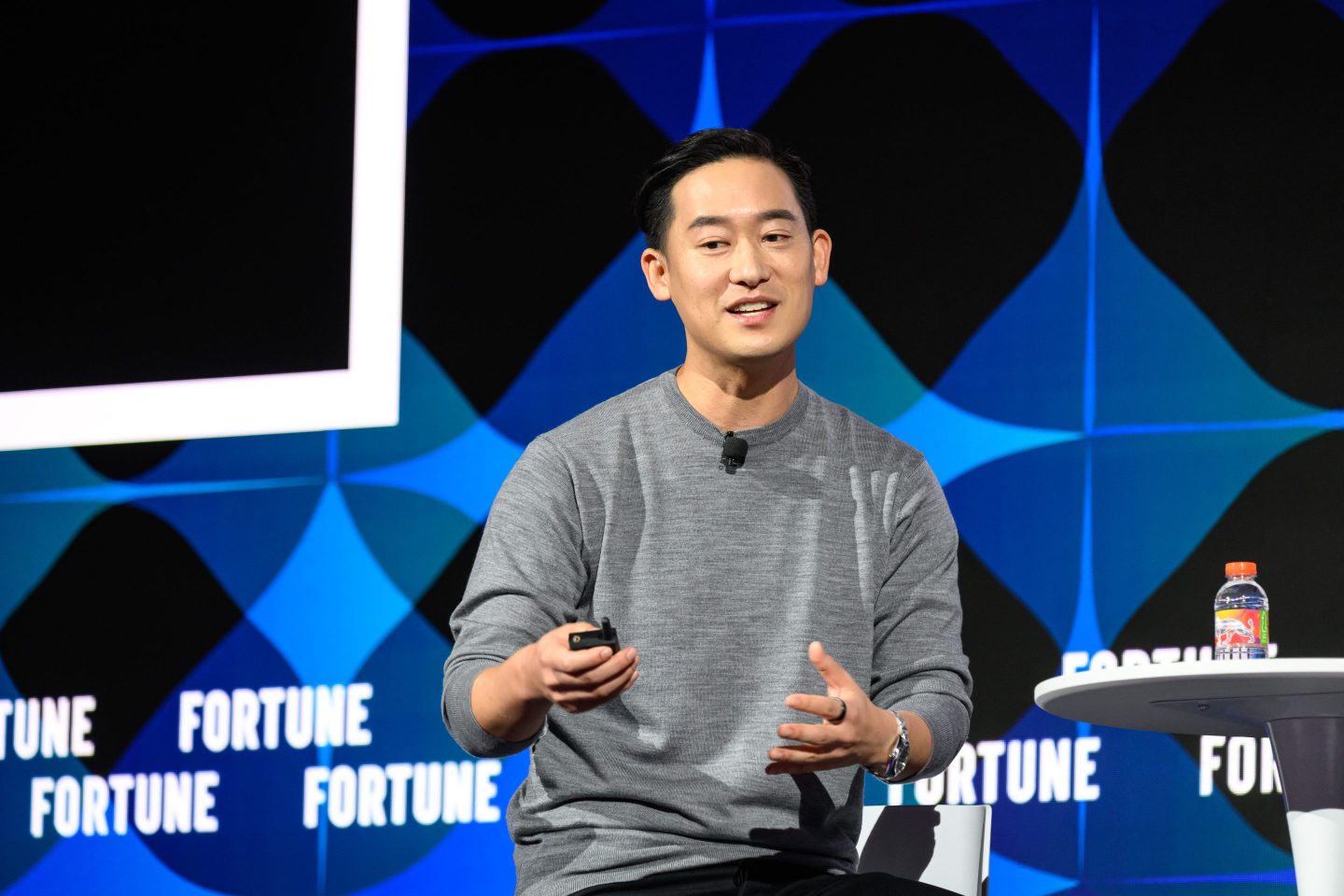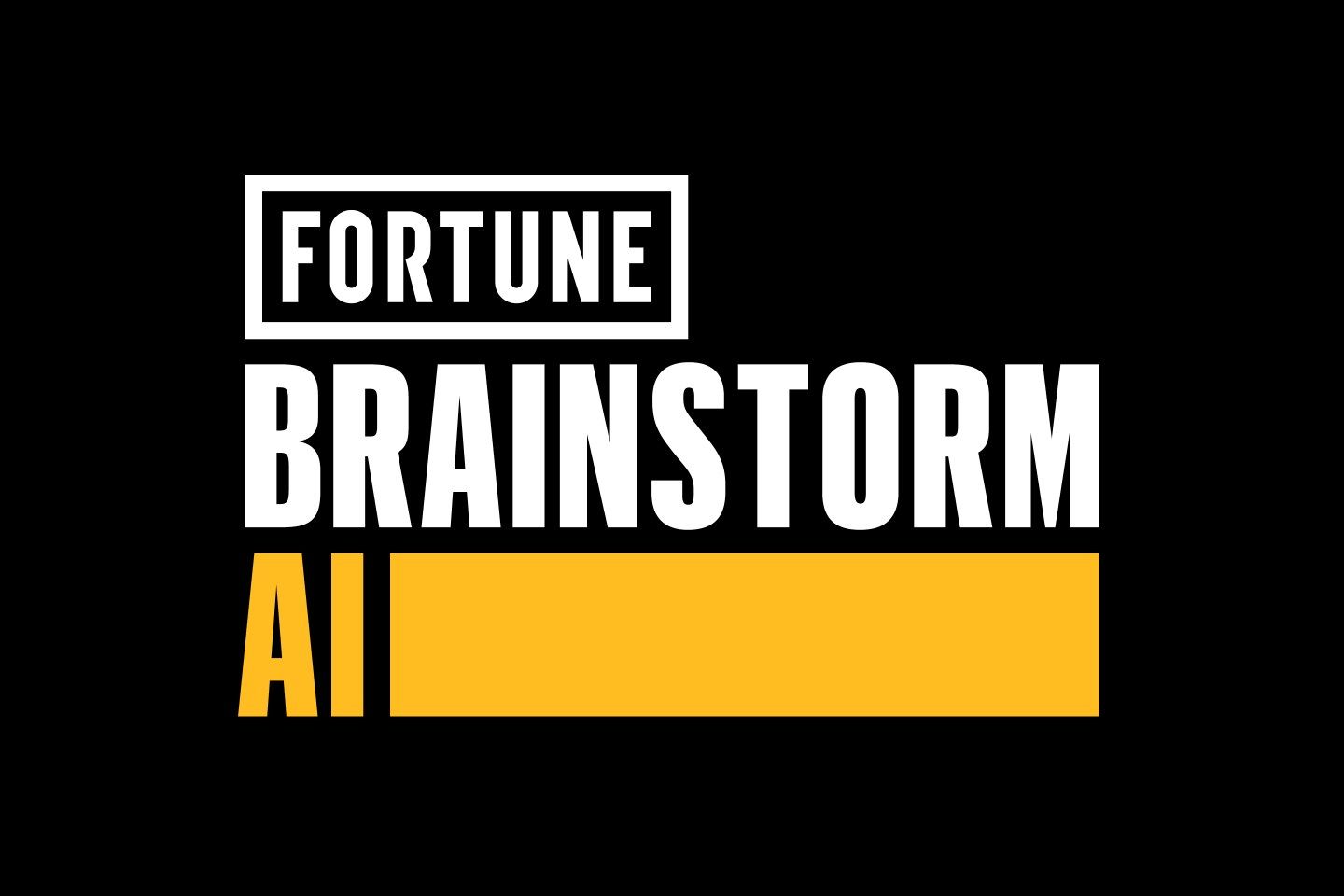It has been a momentous year for tackling issues of social justice in the workplace—one that has seen many who are not directly impacted by racial and gender inequality look to step up to the plate as allies to the cause.
But being an ally is easier said than done, and Coins2Day gathered a group of women well-versed in what it should mean and what it should look like to kick off the virtual, 2020 edition of the Most Powerful Women Summit on Thursday.
“Being a good ally is about taking concrete steps to turn your good intentions into actions,” Carin Taylor, chief diversity officer at Workday, said in her introductory remarks for the panel, entitled “Allyship and Accountability: It’s a Marathon, Not a Sprint.” Allyship, Taylor added, is about “taking a stand for those who may have a smaller voice” in a given organization and “driving equity for everyone.”
The three panelists, moderated by Coins2Day senior editor Ellen McGirt, further expounded on that idea and what good allyship entails, in a corporate environment and beyond. As Lindsay-Rae McIntyre, corporate vice president and chief diversity officer at Microsoft, noted, “there’s no amount of empathy and proximity that substitutes for lived experience”—which makes the task of being an ally all the more difficult for those who’ve never directly experienced race- or gender-based discrimination.
McIntyre stressed that it’s important to recognize allyship as “a behavior” and “something we work on every day” in the workplace, rather than “something performative” that people can claim to support without the actions to back it up.
Barbara Whye, chief diversity and inclusion officer and corporate vice president of social impact at Intel, echoed that sentiment.
“An ally is a partner that’s partnering with you for your good; we want someone that’s listening, that’s empathetic, someone that’s actionable,” Whye said. At the same time, Whye noted, it’s important to recognize that “allies are also discovering things about themselves and their own self-awareness on this journey that they’re on”—with allyship itself an experience that enables those of privilege to better learn and understand the challenges facing others.
At her own company, Whye said they’ve tried to “make sure every team inside Intel has an ally who can ensure peoples’ ideas are being heard, and that there’s a safe environment for people.” And she echoed McIntyre in adding the importance of “being actionable, rather than just having conversations.”
“It’s best if other people call you an ally—you can’t self-proclaim it,” Whye added. “You’re deemed an ally by others, based on your actions and words.”
McIntyre said that at Microsoft, they’ve placed an emphasis on ensuring that efforts to promote allyship are not “intended to shame the source of the non-inclusive behavior.” While the company doesn’t tolerate “hateful, harmful behavior,” she noted it’s important to “invite folks into the allyship journey so that they can be self-aware” and develop positive habits, rather than being shamed for their previous non-inclusive actions.
McIntyre and Whye were also joined by author and activist Sophie Williams, whose books Millennial Black and Anti-Racist Ally—as well as her popular Instagram account—examine topics like anti-racist activism and the challenges facing women of color in the workplace and society at large.
“My perspective has always been that we didn’t make this mess or these problems; it’s not realistic to tell us, ‘Here’s what you need to do,’ when the system was never made for us,” Williams said.
And while the work of fighting and organizing for social justice can be hard, tiresome, and thankless, Williams added that it’s important to understand that “you’re never going to see a quick fix” to many of the challenges and ills plaguing society—and that change is a long, arduous process that requires patience and perspective.
“Most people start this work knowing they’re never going to live to see the benefits,” she said. “We’re not doing it for us; we’re doing it for people other than us, the people who are marginalized by society.”












